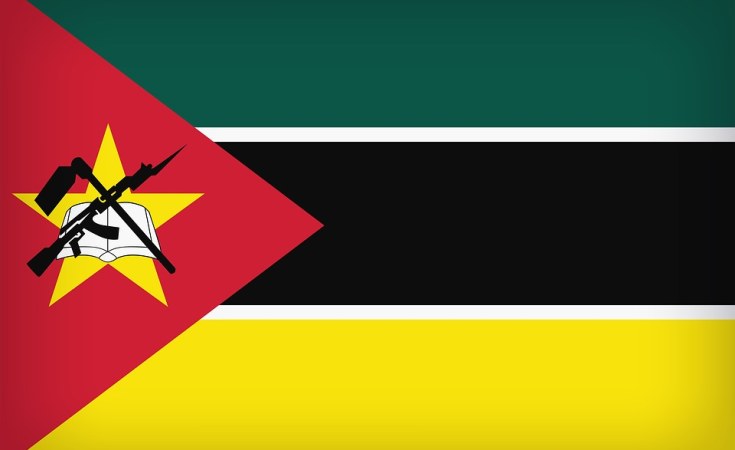Geneva — Alarm bells are ringing in the United Nations Human Rights office and the Refugee Agency at the mass deaths, destruction, and displacement in Mozambique's Cabo Delgado province, where reports of mass beheadings and other atrocities have surfaced.
The UN High Commissioner for Human Rights Michelle Bachelet, called on November 13 for "urgent measures" to be taken to protect civilians in the province in northeast Mozambique, amid reports of an increasingly alarming human rights situation in an area where access is limited.
Mozambican state media reported earlier in the week that more than 50 people had been beheaded in the north of the country by militant Islamists.
The U.S. presidential election results have captured the attention of the world's media, along with the fighting in Ethiopia, while Mozambique's plight has stayed off the radar and received scant attention even from the United Nations.
The UN has admitted having difficulty in verifying the exact numbers of those killed, and who perpetrated the reported beheadings, but says the situation is "desperate" in Cabo Delgado. It has noted attacks by armed groups, the killing of civilians, and heavy clashes with security forces in different parts of the province.
Three years of violence
"Dozens of people have reportedly died and hundreds been forced to flee their homes and seek refuge in southern areas. More than 350,000 people have been displaced by violence in the last three years," said Bachelet's office.
Since October 16, more than 14,000 people have fled by sea and arrived in the provincial capital, the port city of Pemba.
At least one boat has capsized, reportedly leaving some 40 people dead, including children. The announcement of that tragedy was made by the UN a whole week after it happened.
Some areas have been deprived of any humanitarian aid for over six months, with many districts in the north virtually cut off from the rest of the province.
"The situation is desperate both for those trapped in conflict-affected areas, with barely any means of surviving, and for those displaced across the province and beyond," said Bachelet.
Deprived of basic necessities
"Those who remain have been left deprived of basic necessities and are at risk of being killed, sexually abused, kidnapped, or forcibly recruited by armed groups. Those that flee may die trying."
Asked by AllAfrica at a press briefing in Geneva who was responsible for the recent attack, a UN spokesperson could not offer clarity.
"It's quite murky data; it seems to be a mix of extremist groups, possibly with links to ISIL. But also, there's potentially a criminal element as well," said Rupert Colville of the UN Rights Office.
"And, of course, on the other side, you have the state security forces fighting against them. And there have been reports of abuses and violations by both sides."
Conflict has become ingrained in Mozambique for many decades, from the days of Portuguese colonial rule to the ensuing civil war that only ended this century, the Geneva-based World Council of Churches noted recently.
"Before and after Mozambique's independence in 1975, the Christian Council of Mozambique (CCM) contributed to national pacification in many unrecognized ways. This was possible because the 'problem' was known, therefore possible to deal with," the Rev. Felicidade Naume Chirinda, chair of the CCM board, told the WCC.
"These days, Mozambique is afflicted by three wars, namely the armed conflict in Cabo Delgado that started in 2017, the armed conflict in the central provinces of Manica and Sofala that started in 2019, and the coronavirus that is affecting the entire world," she said.
The Revd. Dinis Matsolo, bishop of the Mozambique Synod of the Methodist Church of Southern Africa, told the WCC that in Cabo Delgado the church had been working on "creating 'dialogue spaces' by establishing inter-religious peace groups in affected districts."
He said the church was encouraging president Filipe Nyusi to continue efforts at dialogue. "We salute in particular his understanding that the solution to the crises is more than military when he declared that 'the solution to the problem of Cabo Delgado is not just military. We recognize the need to boost socio-economic development and promote greater social harmony'," Matsolo added.


